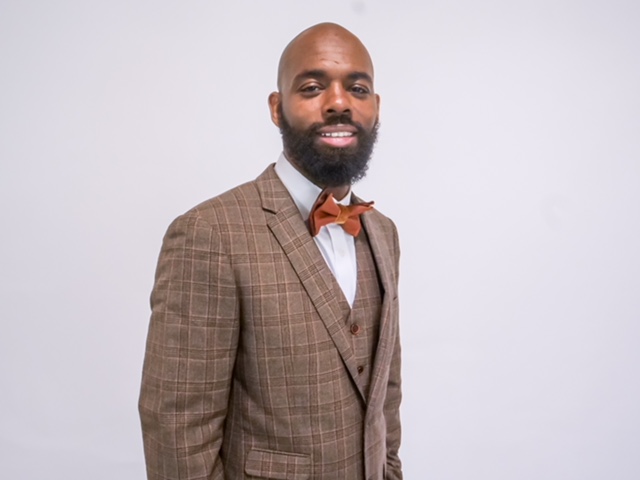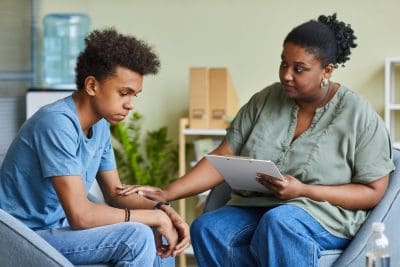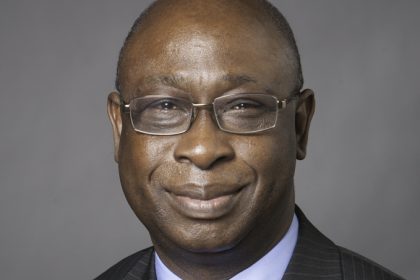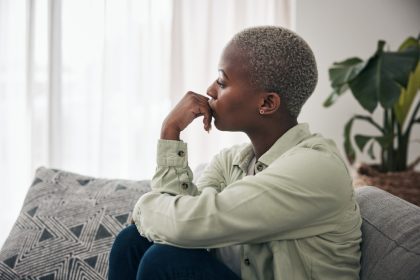
Throughout his early 20s, Demetrius Nash was known as a notorious drug dealer in the Chicagoland area.
That lifestyle caught up with him at age 26, however, and he was sentenced to eight years in prison for a drug trafficking, followed by another four years on probation. While behind bars, he read several books, including Nelson Mandela’s A Long Walk to Freedom, which inspired him to make a change not only in his life but also his community.
Since leaving prison in 2013, Nash has committed himself to a life of social activism. He gained national attention this summer for making a 672-mile from Chicago to Washington, D.C., to raise awareness about gun violence, mental health issues and other social ills plaguing our communities. The walk also raised thousands of dollars for his nonprofit initiative “Replace Guns with Hammers,” which provides work training for young men to pursue a trade that will help transform their lives and rebuild their communities.
Nash will be one of the featured speakers at the Detroit Recovery Project’s Black Men’s Healing Conference: Solutions to the Opioid Epidemic on Friday, Sept. 14, in Detroit.
Before the conference, he shared his thoughts about the nation’s drug crisis and Black men’s health and healing with rolling out.
Why is the men’s healing conference important when it comes to healing men in the Black community?
It’s important for so many reasons, but the biggest one is that men hurt in the dark and alone. This type of event brings our issues to the forefront and allows men to be open and honest about their struggles.
How would you describe the opioid epidemic‘s impact on the Black community?
Total devastation. The family structure has been broken down by drug use. The worst part is the effect on the children. They are raised broken, hurt and bitter. Without the proper mental health treatment for them, the cycle repeats itself.
What can health professionals do to provide education through community organizations about health and the opioid epidemic dilemma?
Research to partner with the right organizations in those communities. Try to find those boots-on-the-ground organizations that may not have the big name yet but make huge impacts within those communities.
How does economics play a role in the opioid epidemic addiction?
Poor communities are suffering from a lack of resources and money being put into those communities. People are looking for an escape from their harsh realities, and they’re using opioids to numb the pain, both physical and mental.
What is the emotional language that men should be aware of and communicate better?
Men just have to get comfortable with being emotional and showing feelings. At one point, it wasn’t manly to show any emotion, and it really hurt men because everything was bottled up until he lashed out and exploded. We must get men to understand that it’s OK.
What recommendation do you have for health checkups and developing better health regimens for Black men?
We just have to get them to just go to the doctor. It all starts with rebooting their mentality about the doctor’s office. Go before anything wrong versus when all hell has broken loose.














